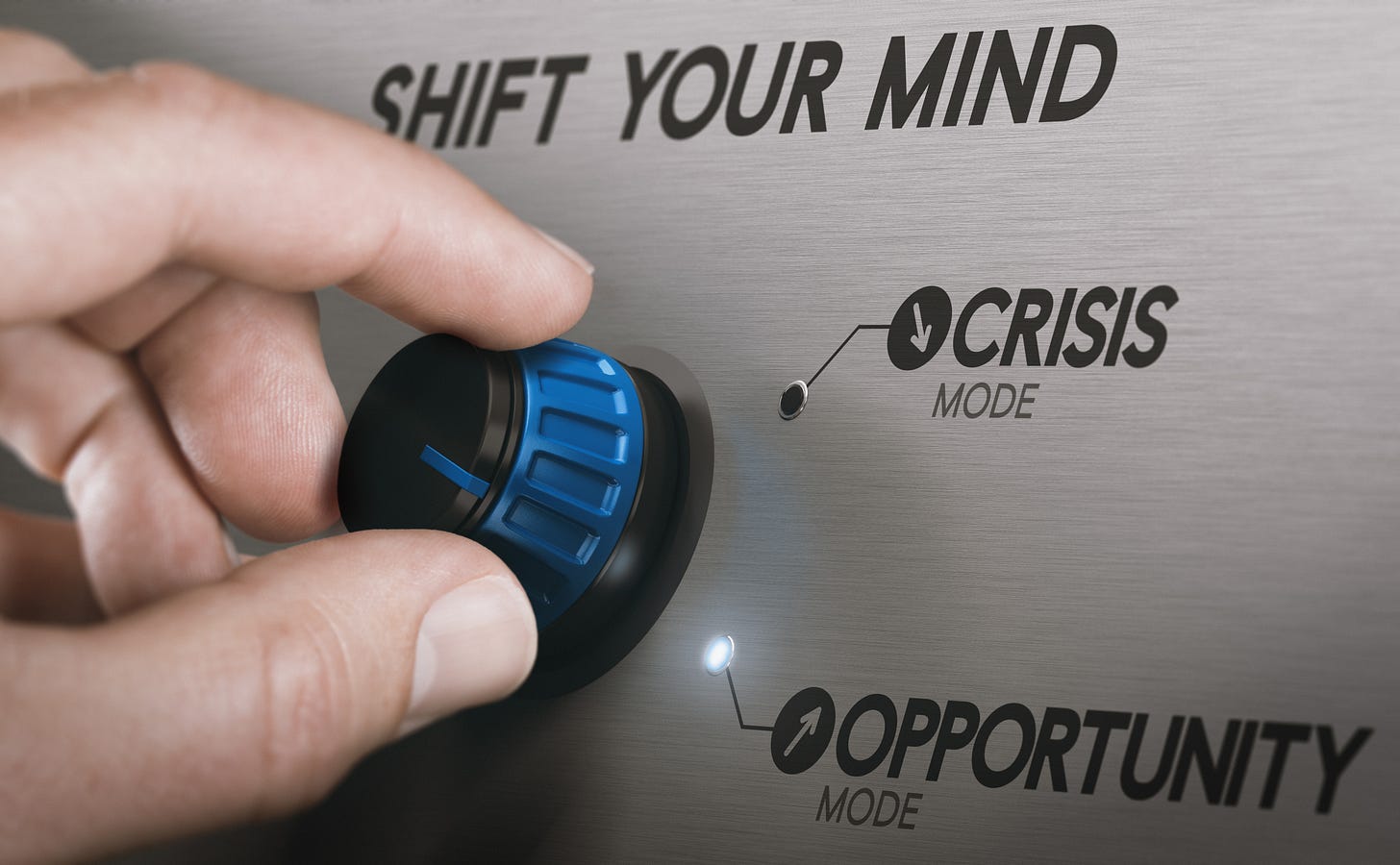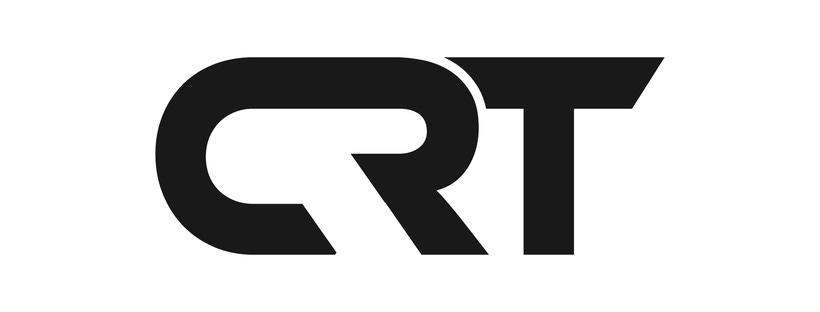E-Pluribus | August 4, 2021
The CEO of Youtube writes on free-speech tension on social media, how unending crises undermine freedom, and CRT goes further than even most progressives say.
A round up of the latest and best writing and musings on the rise of illiberalism in the public discourse:
Susan Wojcicki: Free Speech and Corporate Responsibility Can Coexist Online
At the Wall Street Journal, YouTube CEO Susan Wojcicki makes the case that social media companies such as the one she leads can act responsibly when it comes to free speech without government intervention. Wojcicki sets forth three principles to guide corporations and policymakers in their attempts to walk the line between so-called community standards and censorship that has bedeviled the industry, its users and politicians of all stripes.
Three principles should guide discussions about the regulation of online speech.
First, the open internet has transformed society in incredible ways. The Group of Seven leaders reaffirmed the fundamental value of openness in a recent statement. YouTube makes information available to anyone with an internet connection. People around the world come to YouTube to find information, to learn and to build community. But creating a space that’s open to everyone means that bad actors will sometimes cross the line.
[…]
The second principle: Democratic governments must provide companies with clear guidelines about illegal speech. That helps us remove illegal content more quickly and efficiently. These laws must be grounded in international norms as officials balance the right to information with the risk of harm. The rules governing the internet are regularly updated, from copyright to elections and political campaigning. YouTube is willing to work with governments to address these and other issues.
But not everything about content moderation will be overseen by governments, which is why I believe strongly in the third principle: Companies should have flexibility to develop responsible practices to handle legal but potentially harmful speech. Some policy makers are debating what legal speech should be allowed on platforms, but such prescriptive rules could have serious consequences.
Read it all here.
Fred Bauer: The Perpetual Emergency
Rahm Emanuel infamously said in 2008, “You never want a serious crisis to go to waste,” but he was hardly the first politician to make the observation or to attempt to garner political advantage or achieve political goals by means of a real or perceived emergency. (The federal government has a plethora of “national emergencies with respect to [fill in the blank]” that seem to be renewed by rote annually). Fred Bauer explores the roots of this phenomenon and warns of the existing and potential dangers this eternal red-button mentality brings to a free society.
Emergencies inevitably tend to concentrate power. To confront crises, a state needs an infrastructure for central authorities to act nimbly. The Articles of Confederation were flawed in part because they did not give the federal government enough vigor and flexibility. Two world wars and the Cold War helped swell the power of the presidency in the twentieth century.
At the same time, however, the urgency that marks a crisis also stands in tension with the institutions and practices of democratic life. When people must evacuate a sinking ship, there’s no time for them to hold a parliamentary debate about the order of retreat. At the core of the habits of democratic life are compromise, charity, and patience. Democratic stability partly depends on various factions accepting political loss and believing that the stakes of a given election are not existential. Raising the existential stakes of politics heightens the risk of violent conflict outside the political process—terrorism, street violence, even civil war.
A sense of existential conflict—often accompanied by a weakening of those social institutions that encourage civic stability—can precipitate collapse. At the height of the most radical phase of the French Revolution, Robespierre appealed to a politics of existential crisis to defend mass terror and surveillance: “The government in revolution is the despotism of liberty over tyranny.” It’s revealing that two of the principal engines of revolutionary terror during this period wrapped themselves in the language of “safety”: because of the existential threats facing the revolutionary republic, the Committee of Public Safety and Committee of General Security could spare no quarter in their prosecution of the alleged allies of tyranny.
[…]
The “existential crisis of liberal democracy” narrative has some plausibility. American politics over the past two decades leaves much to be desired. Political instability is growing, as are extremist factions. Conspiracy theories to delegitimize multiple presidential elections have sprung up like mushrooms after a rainstorm.
But the full-scale embrace of the psychology of emergency itself contributes to this crisis. A durable democracy requires a certain amount of political adrenaline, as it were, to respond to crises. But it needs other things, too. It needs moderating institutions. It needs devotion to a regime to check factional animosities among the leadership class. It needs the broader lived practices of trust and cooperation that cut against factional conflict. Emergency politics threatens all those things.
Read the whole thing.
Lauren Michele Jackson: The Void That Critical Race Theory Was Created to Fill
Lauren Michele Jackson, by no means an opponent of Critical Race Theory (CRT), nevertheless finds fault with the way progressives have taken to defending the theory in the face of what she sees as disingenuous and underhanded attacks by conservatives. Jackson does credit conservatives with recognizing that a true accounting for race in America (in keeping with CRT’s premises) requires the “unmaking of the rule of law as we know it,” but that progressives who seem to still be caught up (in her telling) in the promise of the traditional civil rights movement are naively defending CRT weakly and unproductively.
What has exhausted me more than Rufo’s success at igniting right-wing race hysteria, though, is the manner in which liberals have chosen to rebut it. Bona-fide critical race theory, a scholarly movement, wouldn’t be taught in grade school any more than “drifting to a person in their first driving course,” as one writer, Michael Harriot, of the Root, put it to me recently. Yet those eager to cross swords with conservatives have worked themselves into a corner: in attempting to defend critical race theory, they have whittled a leftward strain of scholarship into a set of innocuous talking points that, indeed, sound fit for children. In May, for example, the Instagram account @thistletopics (“Colorful infographics on social issues and current events”) uploaded a slide-show explainer on critical race theory, written by an incoming college freshman: “Some people agree with CRT, while others don’t,” it coos. “Racism is embedded into society through systems and institutions.” The digital-news channel AJ+ used the occasion of Juneteenth to define critical race theory as “the study of racial injustice and its effects on law and culture in the past and present.” In a column for MSNBC, the Twitter-famous historian Kevin Kruse wrote that “racism is more deeply rooted in larger structural and systemic problems.”
[…]
Ultimately, the liberal defense of critical race theory ignores an aspect of the movement that many of its founders considered fundamental: the “desire not merely to understand the vexed bond between law and racial power but to change it,” as the editors of “Critical Race Theory” wrote. Many scholars, myself included, might debate the attainability of this goal—the subtitle of Derrick Bell’s book “Faces at the Bottom of the Well,” from 1992, is, after all, “The Permanence of Racism.” But the transformative aims of critical race theory, inspired by the as-yet-unrealized dreams of Jim Crow’s children, have been awfully undersold in the current liberal punditsphere. Critical race theory is not merely about making a better historical document but about movement toward the way things could be. If there is anything valid about conservatives’ cooked-up attack, it’s their sense that a free accounting of race in society cannot help but imply an unmaking of the rule of law as we know it. And, in that case, the influential liberal class might have good reason to diminish the movement’s teachings. As Bell and as his peers knew well, reformers can be corrosive, too.
Read it all.
Around Twitter:
Glenn Greenwald thread (including one rejoinder to a comment) on the Biden administration’s willful Constitutional violation this week regarding the eviction moratorium:
Via Andy Ngo and Peter Boghossian: "Property destruction is a moral imperative" seems an odd position for a would-be prosecutor:
And finally: “uncensored 'free speech'”?! Substack continues to get under the skin of some:













